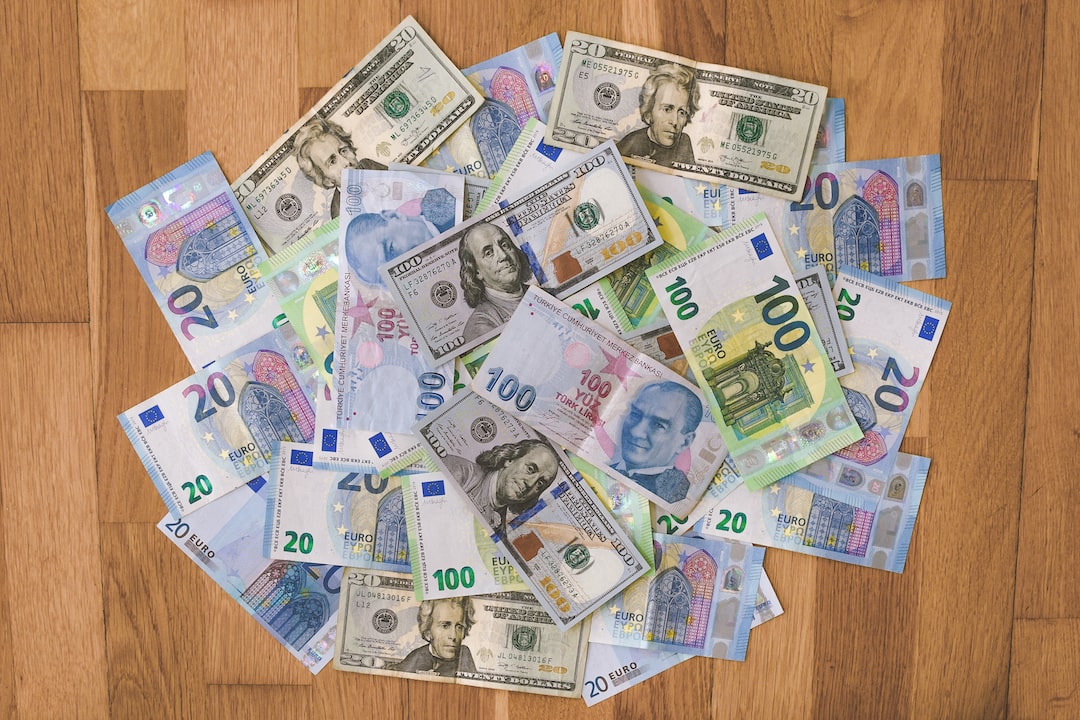Over-the-counter (OTC) trading, also known as off-market trading, is a decentralized market where financial instruments such as currencies, stocks, and commodities are traded directly between two parties without the involvement of an exchange. Forex OTC trading is a popular way of trading foreign currencies that allows traders to access the global currency market 24 hours a day, five days a week.
In OTC forex trading, buyers and sellers negotiate the terms of the trade directly, without the need for a central exchange. This allows for greater flexibility in terms of trading hours, contract size, and pricing. The market is open 24 hours a day, five days a week, which means that traders can trade at any time of the day or night, depending on their location and preferences.
OTC trading is a popular choice among institutional investors, such as banks, hedge funds, and large corporations, as it allows them to customize their trades to suit their specific needs. For instance, they can enter into contracts for specific amounts, at specific prices, and with specific expiration dates. This flexibility allows them to better manage their risk exposure and hedge against potential losses.
In contrast, exchange-traded forex trading involves the use of a central exchange to facilitate trades. This means that traders are limited to trading during the exchange’s hours of operation, and the contract specifications are standardized. Exchange-traded forex trading is more suitable for retail traders who have smaller trading volumes and are less concerned with customization.
OTC forex trading is facilitated by market makers, who are financial institutions that act as intermediaries between buyers and sellers. Market makers provide liquidity to the market by buying and selling currencies at their own bid and ask prices. They profit from the difference between the bid and ask prices, known as the spread.
Market makers also provide other services, such as price quotes, trade execution, and risk management. They ensure that there is always a buyer or seller in the market, which helps to maintain liquidity and prevent price fluctuations.
There are several advantages to OTC forex trading. Firstly, traders have access to a wider range of currency pairs, including exotic currencies that may not be available in exchange-traded markets. This allows traders to diversify their portfolios and take advantage of opportunities in emerging markets.
Secondly, OTC forex trading offers more flexibility in terms of leverage and margin requirements. Traders can typically trade with higher leverage than in exchange-traded markets, which allows them to control larger positions with a smaller amount of capital. However, this also increases the risk of losses, so traders need to be mindful of their risk management strategies.
Thirdly, OTC forex trading allows traders to customize their trades to suit their specific needs. They can negotiate the terms of the trade directly with the counterparty, which allows them to tailor the contract size, pricing, and expiration date to their requirements.
However, there are also some risks associated with OTC forex trading. As there is no central exchange, the market is not regulated and there is a higher risk of fraud and manipulation. Traders need to be cautious when choosing their counterparty and ensure that they are dealing with a reputable and trustworthy institution.
In conclusion, OTC forex trading is a popular way of trading foreign currencies that offers greater flexibility and customization than exchange-traded markets. It is a popular choice among institutional investors and offers traders access to a wider range of currency pairs and higher leverage. However, traders need to be mindful of the risks associated with OTC trading and ensure that they are dealing with a reputable counterparty.






